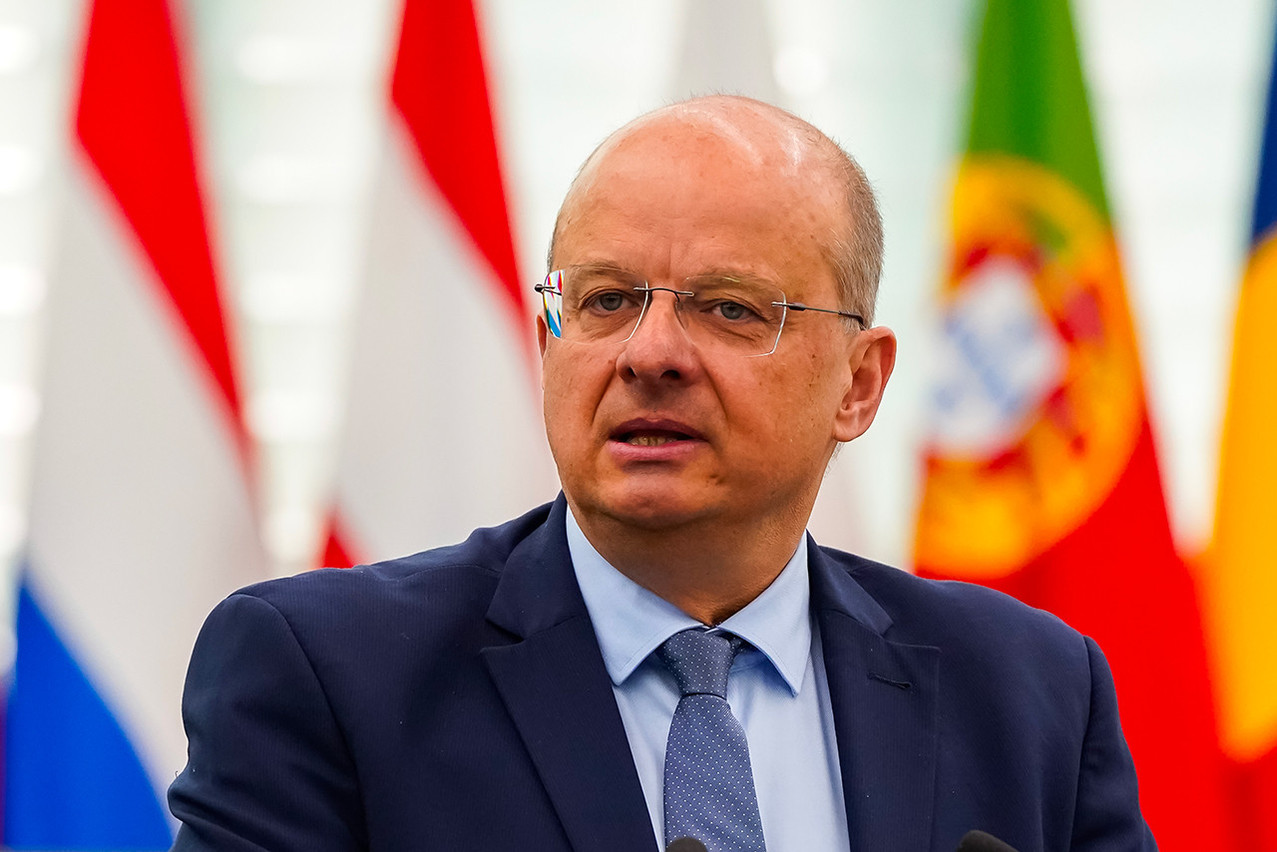The is a step in the right direction. But Brussels needs to go further--and faster. This is what emerged from Wednesday’s debate in the European Parliament on support for European steel. Central to the continent and Luxembourg, the sector is facing soaring energy costs, massive global overcapacity--fuelled by Chinese practices--and the .
French centrist MEP Christophe Grudler (Renew Europe), a member of the European Parliament’s committee on industry, research and energy, is at the forefront of this issue. He is calling on the EU to “take more drastic measures to defend our steelworks.”
Guillaume Meyer: There are many measures in this action plan. If you had to choose just one, which would it be?
Christophe Grudler: The one that I think is most significant concerns public procurement. These represent around 14% of European GDP. Deciding that clean steel produced in Europe should be given priority in these markets sends out a very strong political and economic signal. It opens up new markets.
I have always defended the idea that if we impose decarbonisation constraints on our manufacturers, then we must also give them the means to succeed, in particular through public procurement. It would be inconsistent to impose these requirements while continuing to import cheap but carbon-intensive steel, simply because it costs a few euros less. Our public procurement markets need to make a strategic choice.
This flagship measure is part of an overall plan, which also includes key strands on affordable energy, the use of hydrogen, etc. Let’s not forget that this sector represents 2.6m jobs in Europe. Steel is not a relic of the past: it is crucial to our industries, our infrastructure and our transport. Action was needed, and this plan makes it possible, provided that the announcements are followed by rapid action. We are in the middle of a global trade war. The EU must support the steel sector, strongly and without delay.
Is this plan too late?
I could say “better late than never,” but I sincerely believe that it is not too late. Measures already exist. Anti-dumping laws have protected our European producers until now. And we now have a real perspective. I cited the example of the long-awaited delegated act on low-carbon hydrogen. It could be adopted as early as April. We need to put pressure on the commission to get the implementing legislation out quickly.
We need to get away from the cycle where we vote on a text in the morning, dither about it the next day and then put everything on hold the following year. Those days are gone. Now is the time for action.
The issue is access to affordable energy. Whether it’s electricity or hydrogen, we need cheap energy for industries that consume a lot of it.
How can support for the steel industry be reconciled with decarbonisation objectives?
The issue is access to affordable energy. Whether it’s electricity or hydrogen, we need cheap energy for industries that consume a lot of it. If we can achieve this, we will be able to produce carbon-free steel at competitive prices. This will enable Europe to position itself as a model. By saying: “Here, cars are made with clean steel,” we are sending a strong message to the rest of the world.
This virtuous model is our strength compared to the United States or other countries that continue to rely on fossil fuels. If energy remains affordable, our industry will remain competitive. Decarbonisation should not be seen as a burden, but as a European trademark. It simply has to be economically viable.
In the wake of this action plan, should the border carbon adjustment mechanism (CBAM) be strengthened?
We need to go further. The CBAM must apply not only to raw materials such as crude steel, but also to processed products. It makes no sense to tax high-carbon steel when it enters the EU, whilst allowing a car made from the same steel to pass through unchallenged.
It’s a question of fairness. If we produce a car in Europe using carbon-free steel, and it has to compete with a vehicle made elsewhere from polluting steel, that’s a double penalty for our manufacturers. We must therefore extend the CBAM to all products containing steel or the metals concerned, whatever their form.
We must also ensure that this mechanism complies with World Trade Organisation rules. Take the example of the Philippines, which buys Chinese steel and re-exports it to Europe. As a developing country, they escape certain anti-dumping rules. This kind of circumvention is unacceptable. It doesn’t matter where it comes from: if the product is carbon-based, it must be subject to the same treatment. We expect clear and firm rules.
This article was originally published in .

